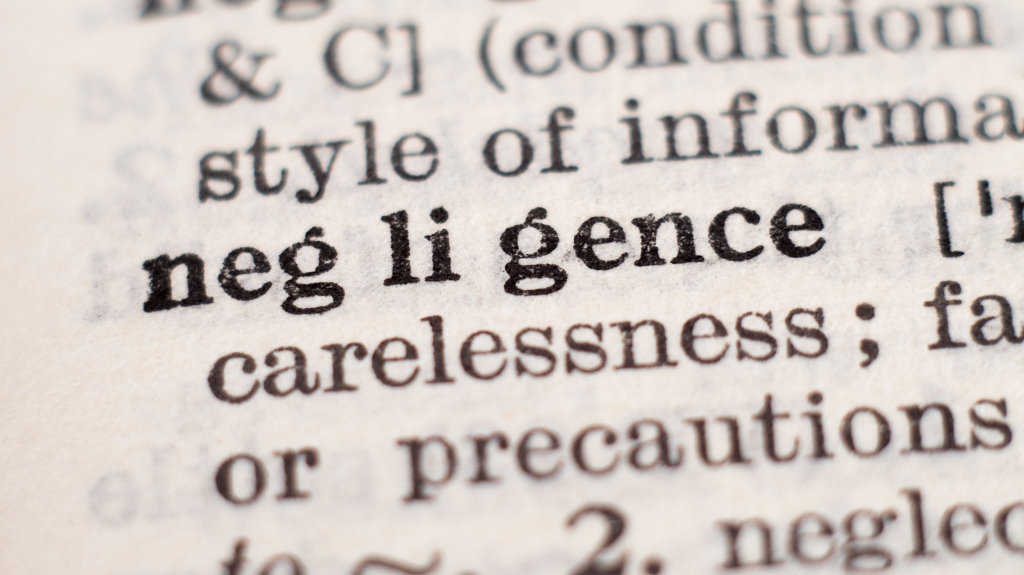Understanding the principles of negligence law can help you have a better understanding of the role civil lawsuits play in the American legal system. Negligence is one of the most important components of tort law, and this area affects many people who suffer injuries in the United States.
The Four Elements of Negligence
Every person has a legal duty to act as a reasonably prudent person under similar circumstances. This is a fixed constant in negligence law, and it means that a person driving an automobile must drive in the manner a reasonably prudent person would in a rainstorm, or a blizzard, or in clear weather.
The four elements of negligence develop from this idea of legal duty. Essentially, an injured plaintiff who seeks financial compensation for their injuries must prove duty, breach, causation, and damages. A party who breaches the duty of care and thereby causes another person’s injuries can be liable for negligence.
These four elements must be proven by a preponderance of the evidence. The preponderance of the evidence standard generally means 51% or more. An injured party must present enough evidence to convince a judge or jury to find the defendant liable for the plaintiff’s injuries.
Establishing the Liability of the Defendant
It is important to do everything necessary to establish the liability of the defendant. Presenting documentary evidence is one way you can substantiate your legal claims. Photographs, videos, and medical records can all be used to set forth your theory of the case. The more documentary evidence you possess, the more likely it is that you will receive a reasonable settlement offer.
It is important to make sure that you keep an injury journal that documents your injuries. Sometimes it can be difficult to articulate the emotional distress and pain and suffering you experienced due to your injuries. Keeping a written record of your injuries can help you present more evidence about the nature and extent of your injuries.
The Types of Damages You May Claim In a Negligence Case
You can claim special damages and general damages when you have suffered injuries due to the negligent conduct of another party. Sometimes you may claim punitive damages if the defendant’s conduct was wanton, willful, or malicious. However, punitive damages were designed to punish the defendant and to deter the defendant from committing the same egregious conduct in the future.
Contact L. Jennings Law Today to Schedule a Free Consultation
We have years of experience representing clients in negligence cases. You may feel overwhelmed and frustrated if you are having problems dealing with the different aspects of tort law. Contact us today to schedule a free consultation during which we can discuss the facts of your case.
You can benefit from understanding all the legal options available to you. Reach out to us today so you can enforce your legal rights and make sure that you have an effective personal injury case plan that will benefit you. Some aspects of negligence law are time-sensitive and therefore the sooner you act the sooner you can begin protecting your legal rights.

